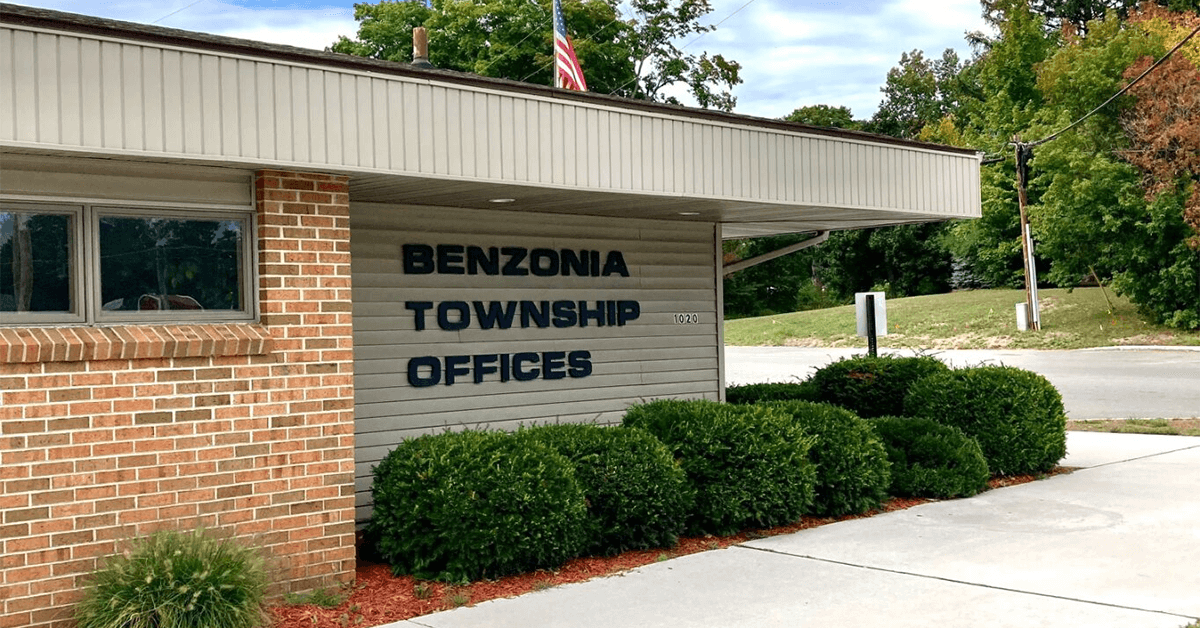Michigan Supreme Court Reviews Allegations of Open Meetings Act Violations in Cannabis Licensing

The Michigan Supreme Court is currently deliberating on a lawsuit that alleges violations of the Open Meetings Act (OMA) by Warren's Marijuana Review Committee during its medical cannabis licensing process. The case, Pinebrook LLC et al. vs. City of Warren and Livwell Michigan LLC et al., originates from a legal challenge by several companies that were denied medical cannabis dispensary licenses.
The dispute centers around the actions of the Marijuana Review Committee, which is accused of conducting 16 private sessions in breach of the OMA and infringing upon due process rights. The committee, composed of former council members and city officials, evaluated over 60 applications and suggested 15 for approval. The decision-making process, conducted without public input or transparency in how these recommendations were made, has sparked controversy.
The City Council approved these recommendations with a majority vote following a swift public meeting, a move criticized by former councilpersons who opposed the lack of accessible applicant information discussed in the committee's private meetings.
At the heart of the legal battle, a previous ruling by former judge Carl Marlinga found the committee in violation of the OMA, leading to the invalidation of the issued licenses. However, this decision was overturned in 2022 by the Michigan State Court of Appeals, which deemed the committee advisory and not subject to the OMA, thereby reinstating the licenses.
During the Supreme Court proceedings, plaintiff's attorney Alan Greene argued that the committee was intentionally established to sidestep public oversight and should be recognized as a governmental body involved in policymaking. In contrast, the city's representation, led by attorney Andrea Pike, maintained that the committee served purely in an advisory capacity and its composition did not constitute a quorum of the council, thus exempting it from the OMA.
The justices expressed concerns about the potential for governmental bodies to create subcommittees to avoid public accountability, questioning the broader implications of the appellate court's interpretation of what constitutes a governing body.
The Supreme Court's forthcoming decision will have significant implications for the Open Meetings Act and the transparency of government processes related to cannabis licensing in Michigan. The date for the verdict remains unspecified.
Share this article:
Spotted a typo, grammatical error, or a factual inaccuracy? Let us know - we're committed to correcting errors swiftly and accurately!








 Helpful Links
Helpful Links